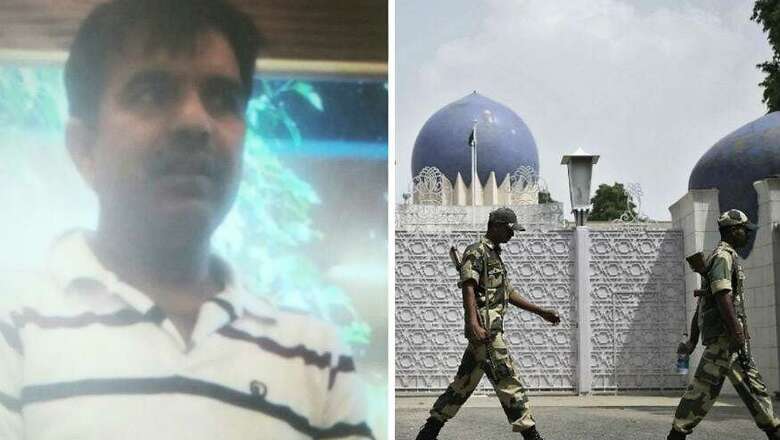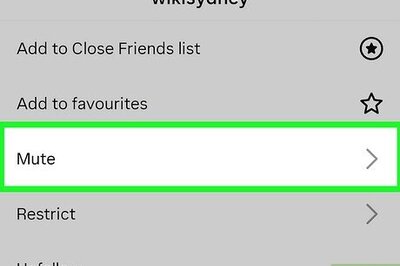
views
Delhi Police let off the arrested Pakistani spy Mehmood Akhtar after he invoked his diplomatic immunity during interrogation. He is not a diplomat, and by initial accounts, is a low-ranking staff employed at the Pakistani High Commission. So how does the idea of diplomatic immunity apply to him? News18's Debayan Roy explores:
* International Law governs the principle of diplomatic immunity. Article 29 of the Vienna Convention on Diplomatic Relations, 1961, says that 'The person of a diplomatic agent shall be inviolable. He shall not be liable to any form of arrest or detention. The receiving State shall treat him with due respect and shall take all appropriate steps to prevent any attack on his person, freedom or dignity.' This Article ensured that diplomats could work in a foreign country without any fear or intimidation.
* But Akhtar is not a diplomat. So can he claim immunity under Vienna Convention? Dr. Manoj Kumar Sinha, Director of the Indian Law Institute, New Delhi, says when any staff member is accused of espionage at a foreign high commission he can invoke diplomatic legal immunity if we go strictly by the Vienna Convention.
"A strict perusal of Article 1 of the Vienna Convention, shows that all 'members of the commission' is entitled to the immunity, and that includes a staffer too, hence diplomatic immunity with regard to international law, is difficult to decline, even if it's not an ambassador or a diplomat, but a mere staff member," he said.
* G Parthasarathy, former Indian High Commissioner to Pakistan, however feels the answer to Akhtar's claim of diplomatic immunity could be both Yes and No.
"They are never arrested but detained. Plus when we talk of reports about diplomatic immunity enjoyed by the staffer, it is often just the case of declaring him a 'Persona Non Grata' and sending him back to his home country within 48 hours," he said.
* Ranjit Gupta, a retired diplomat and a former member of the National Security Advisory Board, says that it often depends upon the bilateral terms and conditions agreed upon by the countries to deal with such a situation.
"A staffer does not enjoy full diplomatic immunity like a diplomat, also because he has an official passport and not a diplomatic passport. But these staffers are often let off after questioning and made to leave the country as soon as possible," he said.
* Bhaskar Balakrishnan, former president of the Association of Indian Diplomats, says this kind of a situation is very rare and even if it happens 'frequently', it doesn't spill out in the public domain. "A staff member of the commission is a very technical term and it can be very complicated to decide whether he is entitled to diplomatic immunity or not. But it often boils down to the agreed terms and conditions between both India and Pakistan, but border tensions can often play a role in magnifying such a detention."
Balakrishnan says that Akhtar would be sent back to Pakistan at the earliest and in a "mode of retaliation', it is likely that Pakistan would expel an Indian diplomat or commission staff member.


















Comments
0 comment